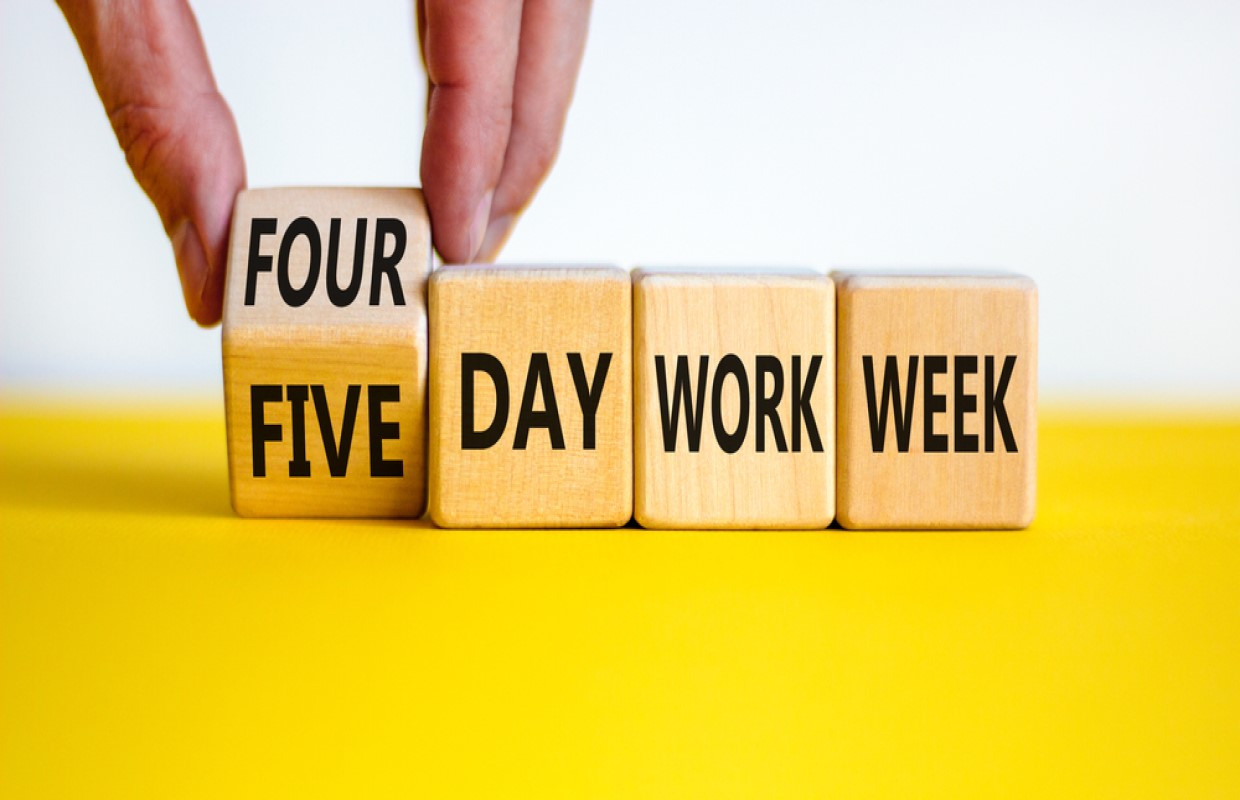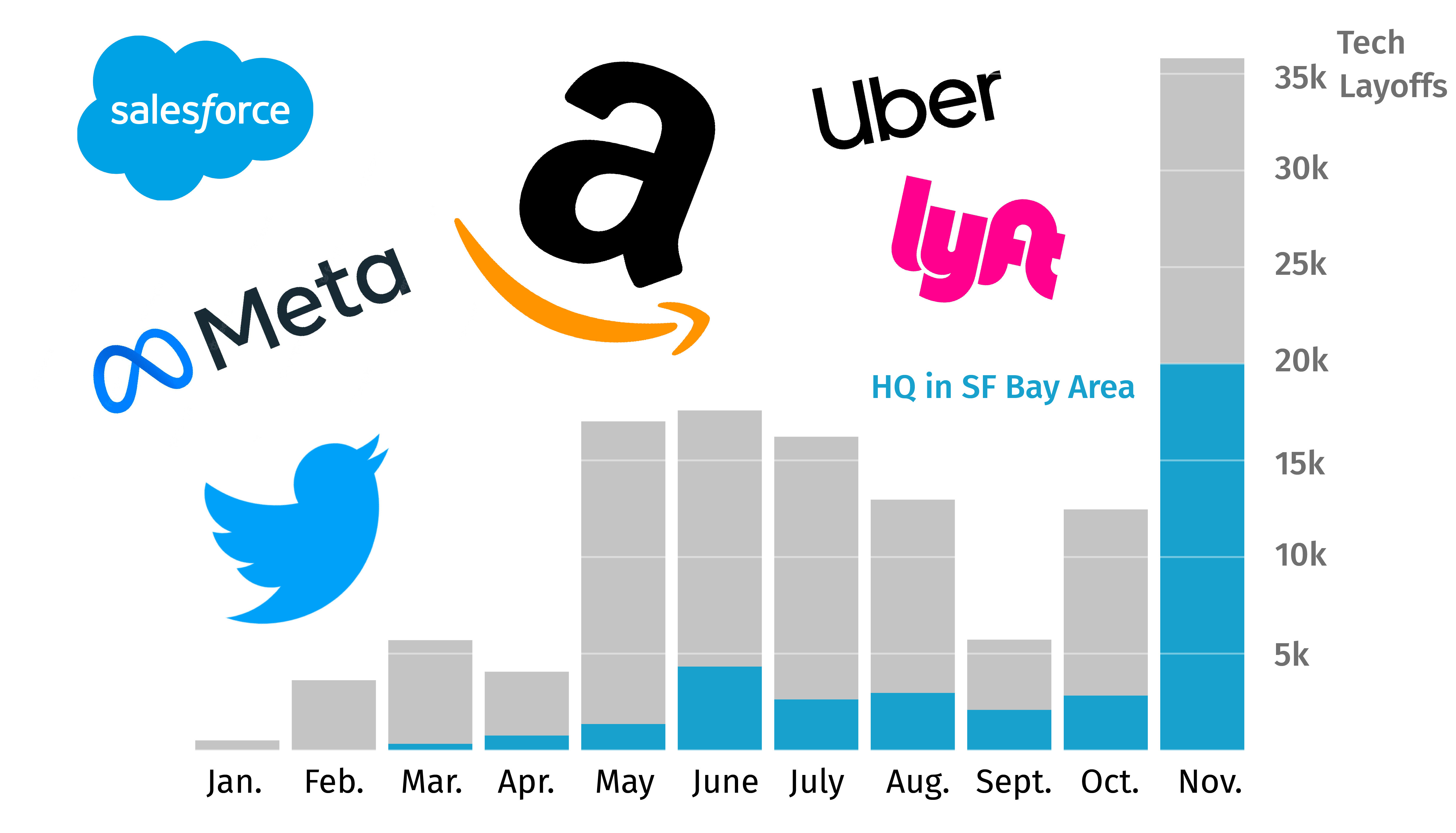Amazon has become the latest major company to order staff to return to the office five days a week, effectively ending working from home at the $1.99 trillion tech giant. Just like JPMorgan, Boots, and Goldman Sachs’ bosses, Amazon’s CEO Andy Jassy cited strengthening company culture as one of the main reasons behind raising its in-office requirements from three days to full-time. However, a new report from PwC suggests that the move to full-time in-office work could have a different effect than the one intended.
The Big Four accounting firm conducted 13 months of research and surveyed over 20,000 business leaders, chief human resources officers and workers for its new Workforce Radar Report—and it found that hybrid workers feel more included and productive than those who sit at their company’s desk five days a week.
“While many companies are pushing for return to office, it turns out that hybrid workers demonstrate the highest levels of satisfaction,” the report highlights.
The researchers found that over three-quarters of hybrid workers feel like they belong, compared to 74% of fully on-site workers and 68% of remote workers. Similarly, 74% of hybrid workers are engaged—this drops to 72% for in-office workers and 63% for remote workers. These may seem like marginal differences, but they have a ripple effect on company culture: A staggering 90% of hybrid employees reported that the culture at their firm promotes community, collaboration, inclusion and belonging.
“The idea that being on-site all day every day is necessary to establish and sustain a strong culture is a myth,” the report concludes. “Don’t be afraid to offer flexible options for fear of diminishing it.”
It might seem counterintuitive to build company culture by encouraging workers to spend more time away from each other—not less. However, in reality, when leaders enforce five days a week in the office they often end up overlooking engagement activities like team away days and after-work drinks.
“The office becomes a crutch—engagement, recognition, and connection all happen by default,” Daan Van Rossum, author of the Future Work newsletter and founder of FlexOS tells Fortune.
“When companies move to a hybrid schedule, they start implementing more purposeful efforts to replace this engagement. In the process, the hybrid experience actually leads to improved engagements with more touch points.”
Plus, nobody likes commuting to sit in a noisy office to do the same job they could have done at home—especially not introverts. Experts tell Fortune that only having to do it a few days a week helps workers make the most of their in-office days and maximize collaboration.
Then there’s having to deal with personality clashes on a daily basis, rather than in microdoses. “Being forced to work in the office exposes you to people who may share very different values to you,” says Amrit Sandhar CEO of the employment engagement firm &Evolve. “Over time, this can feel exhausting.”
Despite Amazon’s call for workers to return to “the way we were before the onset of COVID”, PwC’s research highlights that workers simply won’t return to the old days of working. “We’ve seen that return-to-office mandates have, in many cases, failed,” the report says before adding “the business-as-usual paradigm to which some business leaders want to return doesn’t exist anymore.”
“Employees didn’t miss those long, stressful commutes, and they got used to the flexibility in scheduling, parenting, caregiving and so on that working remotely gave them,” it continues. “They were not keen on going into the office without a compelling reason.”
Indeed, the biggest reason company culture dips when employees are forced to collaborate daily is precisely because it’s been forced.
RTO’s and measures that monitor attendance, including tracking badge swiping, sends out the message that worker’s presence is more important to the company than output or meaningful collaboration.
It’s “as if the number of employees was the point and not what those employees were doing once inside,” the report outlines,” the report notes.
For &Evolve CEO Sandhar, the problem for employees is that a full return to office can feel like surveillance.
“Having the autonomy to make your own decisions does more to enhance a culture of valuing employees, rather than diminishing it,” Sandhar concludes. “No one wants to be controlled in a rigid environment, so forcing people back to workplaces can feel like control.”
“It’s likely that this theme is followed through in day-to-day work experiences—rather than providing employees with a sense of autonomy and freedom, that sense of control such as being micro-managed, is likely to chip away at whatever vision the organization has for its culture, and lead to disengagement.”
While Amazon argues the move will improve company culture, some employees are expressing concerns about the policy on internal forums. Some even fear that this mandate could be a way for Amazon to reduce its workforce without resorting to layoffs. One former Amazon engineer, who requested anonymity to protect his job prospects, told FOX Business that the company's push for in-person work is causing anxiety among employees and pushing them to look for more flexible work arrangements. “I didn't even realize how much anxiety I had about it until I left,” he said. “I imagine that all of my colleagues who have chosen not to relocate are feeling the same type of anxiety that I had.”
An Amazon employee in Germany, who also requested anonymity, shared similar concerns, saying that many colleagues are considering leaving the company due to the new mandate. “This is a betrayal to many people, especially those who were hired as remote workers, and it is eroding our trust,” he told Business Insider. “People are definitely terrified about what this will mean for them. A few colleagues have told me they are considering leaving the company, even for lower-paying jobs.”
The impact of Amazon’s decision remains to be seen, but one thing is clear: the future of work is still being written, and the debate over the role of the office is far from over.
The Return to Office: A Business-as-Usual Myth?
As companies navigate the post-pandemic landscape, many are grappling with the complexities of returning to the office. While some leaders believe that a full-time return to the office is essential for collaboration and productivity, others argue that this approach fails to recognize the evolving needs of employees and the potential benefits of hybrid work arrangements. Amazon’s new mandate highlights this ongoing debate, raising questions about the true impact of return-to-office policies on company culture, employee morale, and ultimately, business success.


















